Menu
Professional tree trimming could be an easy or difficult process, and that fully depends on the tools you use. Trimming is able to open up the visibility of your property and enhance the look of your area. For this reason, whether you’re doing the trimming process on your own or thinking about calling a tree care company, there are tools you need to know about to make your life easier.
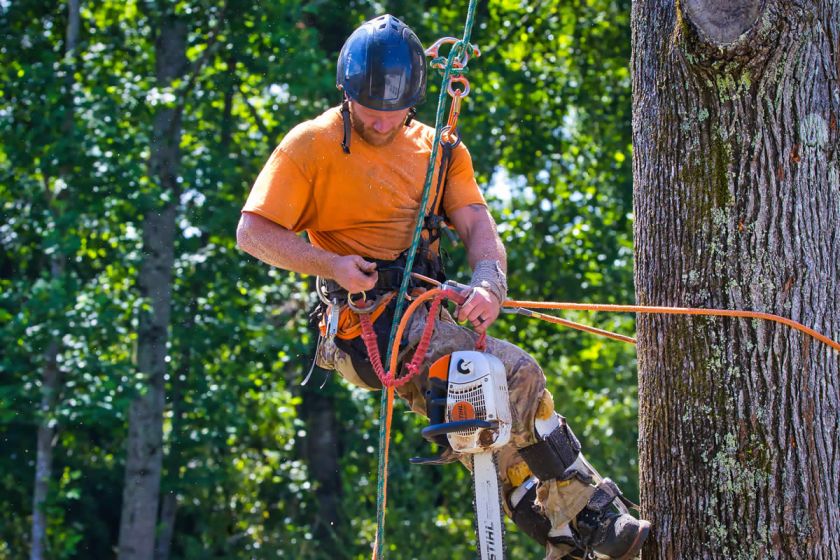
In this blog post, our team of tree experts from Driscoll Tree Service will inform you on the tools needed to reach your goal.
Pruners are designed to handle thin pieces of wood which are optimal for trimming. It’s generally a small tool that is easy to use and handle. This tool is useful for cleaning up the tree before getting into the difficult part of the process.
A chainsaw is one of the simplest and quickest ways to cut down a tree. Chainsaws are manufactured as a gasoline or electric powered machine and come in several sizes. Sometimes a normal hand saw takes too long and exhausts your arms, the best resolution to that problem is a chainsaw.
Due to the risk of this machine, chainsaws should only be used and operated by a certified professional.
A rope can be your best friend in tree trimming. It’s an extremely essential tool, especially when you’re dealing with tall trees. Using a static rope is the most preferable as it lacks stretchiness. This way you’ll be kept in place and not dangling around.
Targeting a thicker rope that is in the 10-13 millimeter range is recommended. The advantage of a thicker rope is that you have more of a firmer grip to hang onto.
While performing operations like this, you need the proper safety gear to continue. Investing in a top quality helmet can guarantee you safety from incoming branches. These helmets come with padded interiors to protect your head and absorb the damage you’d take if you were to be hit by an incoming object.
If you do not invest in quality safety gear, your head is vulnerable to anything dropping above you.
As you’re climbing a tree to start the trimming process, there may be a branch that is difficult to reach. That is where the pole pruner comes in. A pole pruner is about 6 to 12 feet long with a cutting end to it. This tool is used when there is a branch you are having difficulties reaching. It won’t have the effectiveness of a chainsaw, but it’ll get the job done without you jeopardizing your own safety by readjusting your position.
If you want to control the way a tree falls, wedging is the best way to do so. The process is simple as you cut into the tree until a portion of space is made to wedge an object in it. This gives you the power to decide which way the tree will fall so no damage will be done to the surrounding area.
As trees come in many sizes, make sure to know the measurements of the tree to commit to a proper and safe operation.

At Driscoll Tree Service, our team of professionals are ready to help you with your tree service needs. Contact us to speak to our friendly representatives for more information.
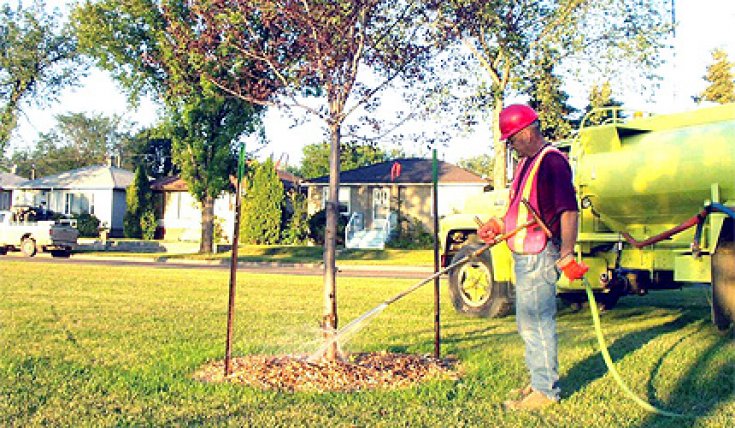
Three Signs You Are Overwatering Your Trees Are you having a problem with your trees? Driscoll Tree Service can help to inspect every tree in your yard and recommend solutions to maintain healthy and robust trees. A common tree problem…
Read More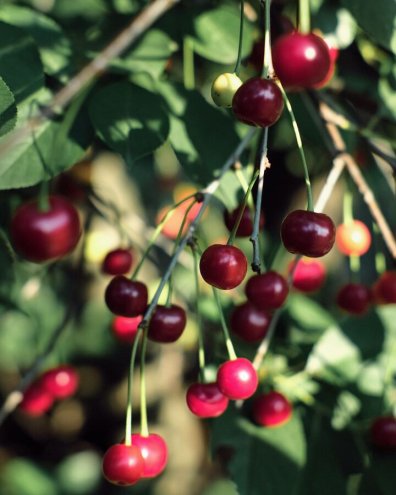
Summer Pruning Tips for Cherry and Apricot Trees Tree pruning is vital for optimum health and longevity. It is the equivalent of a haircut, as it enhances aesthetics and prevents diseases. Unfortunately, many homeowners prefer handling yard maintenance alone, which…
Read More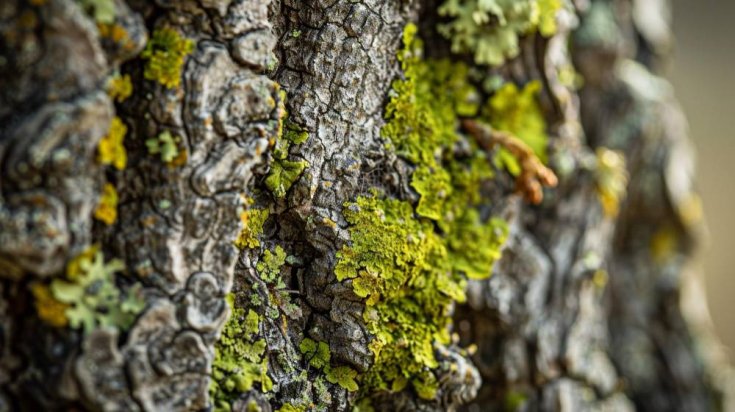
Should You Worry About Lichen on Trees? Lichens are fascinating and often misunderstood. When homeowners notice these growths on the bark of trees, it raises concerns about the health of their yard. If you notice lichens on your trees, consult…
Read More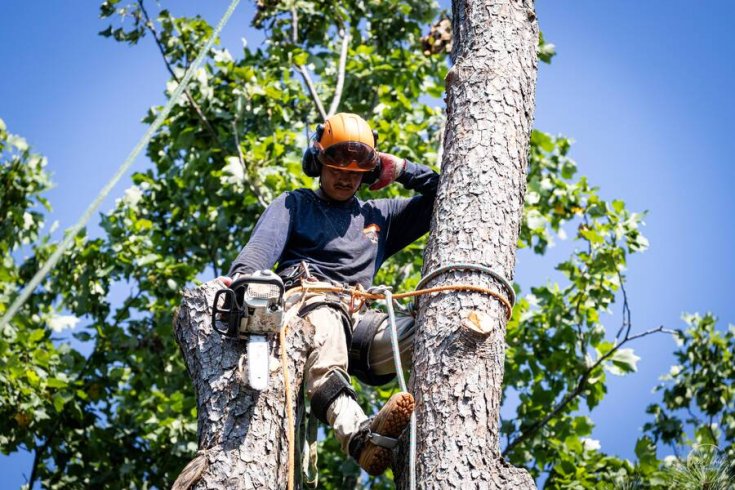
Common Mistakes to Avoid When Trimming Trees and Bushes Trees and bushes are more than just “greenery” - they’re living features that shape the personality, health, and curb appeal of your lot. Regular trimming keeps them healthy, well-shaped, and safe.…
Read More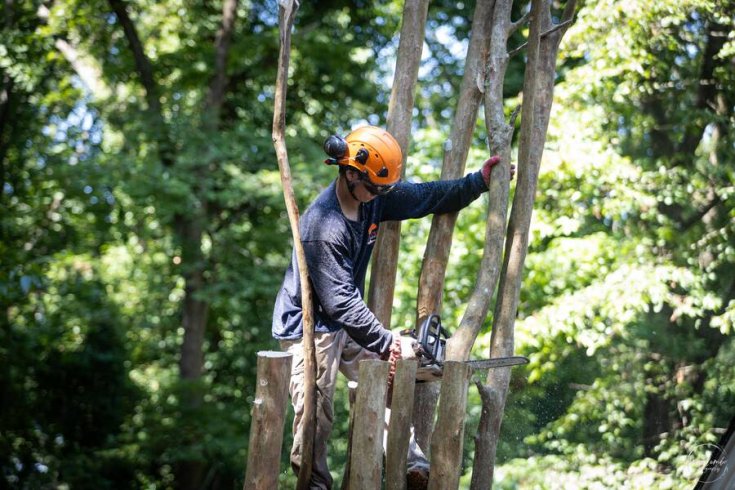
Trees are a major part of our landscape and lifestyle in Metro Atlanta and the surrounding areas. They provide shade, boost curb appeal, and even raise property value. But like anything else on your property, they need regular care. Tree…
Read More
Why Trees Are So Important to Your Community As Arbor Day approaches, it reminds us of the significance of trees in our communities. Besides aesthetic appeal, trees are vital in enhancing the quality of life for humans and wildlife. From…
Read More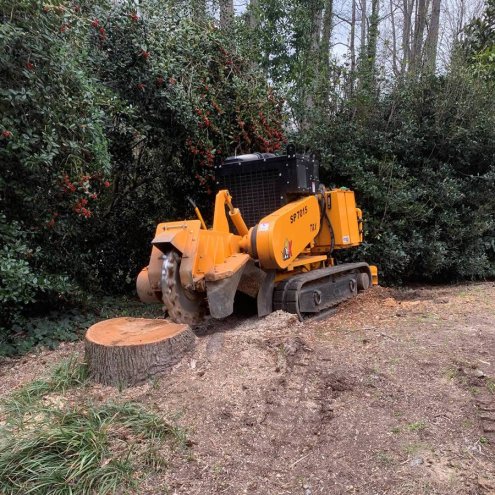
How Much Does It Cost to Grind a Tree Stump? Tree stumps may not raise concerns initially but compromise the aesthetics and safety of your yard. If you have an unsightly leftover on your property, grinding is as an efficient…
Read More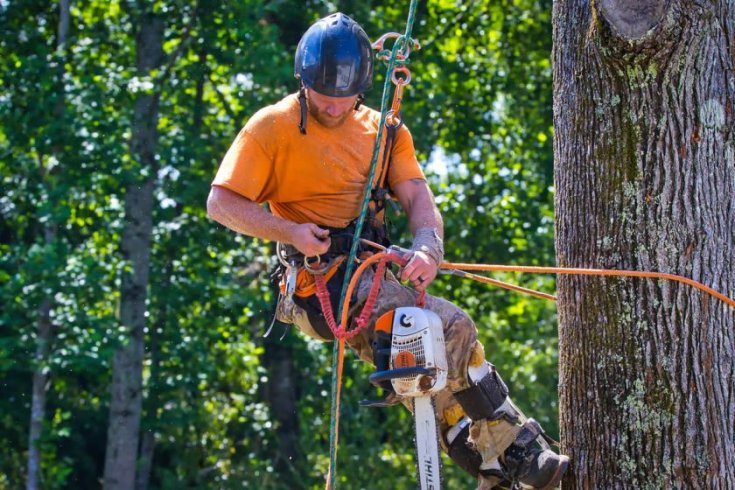
Tools and Equipment For Professional Tree Trimming Professional tree trimming could be an easy or difficult process, and that fully depends on the tools you use. Trimming is able to open up the visibility of your property and enhance the…
Read More
Fescue vs. Bermuda Grass Do you have dry patches on your lawn? Before reseeding, it is advisable to familiarize yourself with different grasses, like fescue and Bermuda. Although these grasses grow on lawns across the country, knowing the differences can…
Read More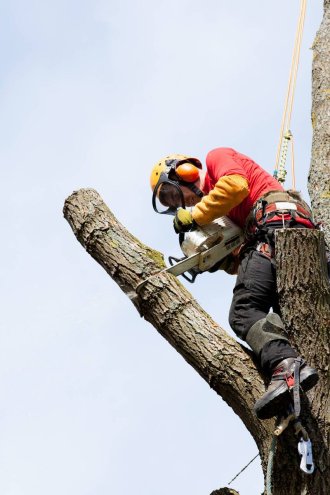
5 Bad Pruning Examples Tree pruning and trimming are vital for maintaining a healthy and aesthetically appealing yard. Proper tree care ensures robust growth, a sturdy structure, and a beautiful shape. However, improper pruning can cause serious issues such as…
Read More